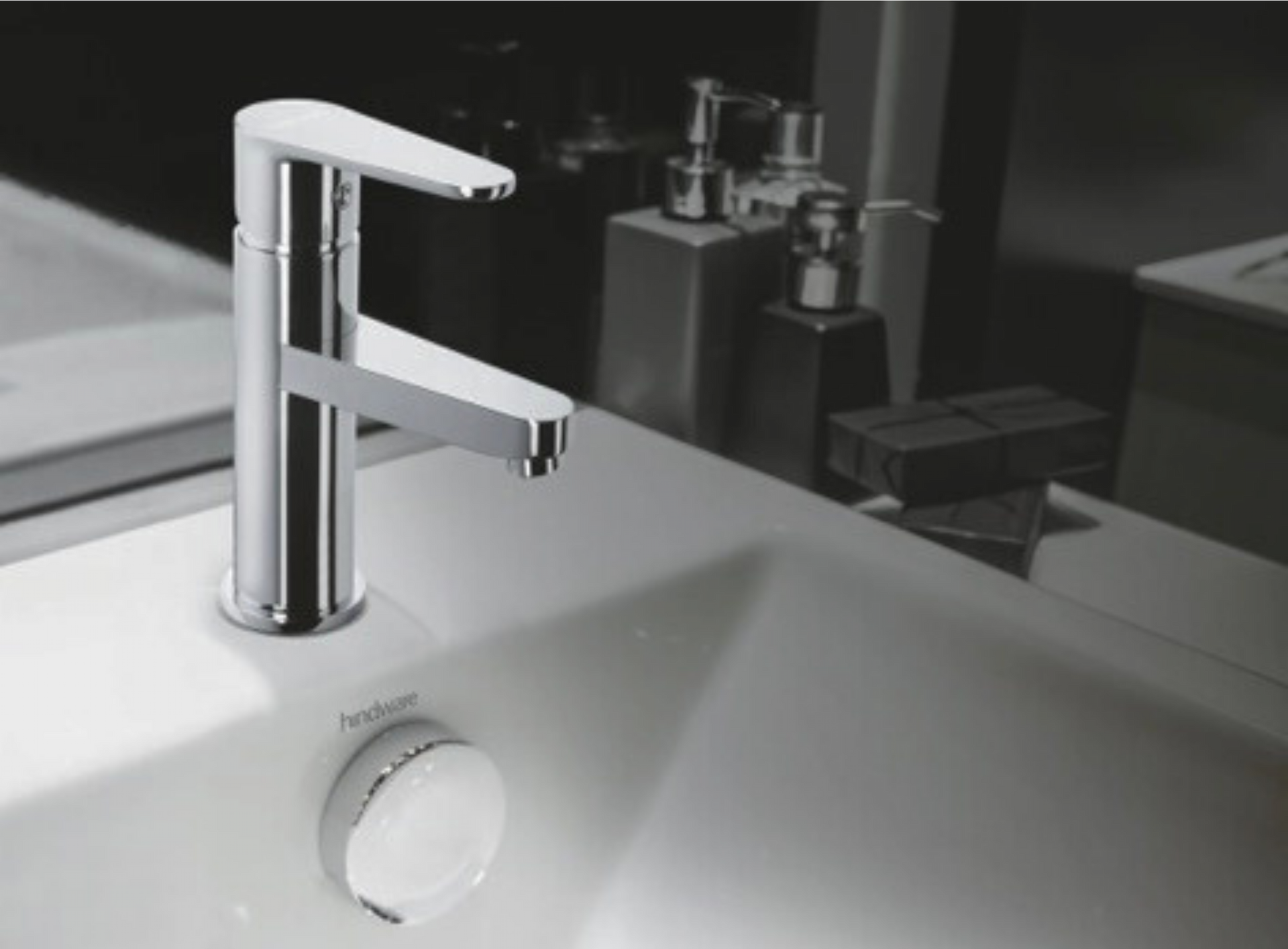Your Complete Guide to Water Conservation Taps For Bathroom

As the concern for environmental sustainability grows, many homeowners and interior designers alike are seeking solutions that reduce their impact on the planet without sacrificing the design and aesthetic of their homes. One such simple yet effective way is to install water conservation taps in your bathroom. These taps not only help conserve the precious natural resource, water but also reduce your water bills, all while enhancing the overall aesthetic of your bathroom.
If you’re considering upgrading to water-saving taps but are uncertain whether they are the right choice for your home, here is a detailed guide that will provide you with all the information you need to make an informed decision:
What Makes a Faucet Water Efficient?
Water-saving bathroom faucets are designed to reduce the flow of water to a more efficient level, making them an eco-friendly and cost-effective choice for any home. A standard faucet is known to use up to 2.2 gallons of water per minute (GPM), while a water-efficient faucet typically uses only 1.5 gallons or less per minute. Although this reduction may seem small, it can lead to significant water savings over time, all without compromising your daily water needs for handwashing and brushing your teeth.
Top Water Conservation Faucets
When it comes to enhancing water conservation in your home, a few types of bathroom faucets stand out for their efficiency and innovation. Here are some of these top options:
Sensor Faucets
Sensor faucets, also known as touchless or automatic faucets, use infrared sensors to detect hand movements. They automatically turn on when hands are placed under the spout and off when hands are removed, eliminating the risk of leaving the tap open unintentionally. Besides helping save water, sensor faucets also help maintain hygiene by eliminating the need to touch the tap.
Water Saving Aerator Taps
Aerators are clever plumbing accessories attached to the mouth of a tap. They are used to reduce the water flow by mixing air with the water flowing through the tap. This creates a voluminous and satisfying flow of water that feels just as strong as a normal flow but with much less water.
You install these water-saving tap aerators on:
- Bathtub spout
- Showerhead
- Kitchen Faucet
- Lawn and garden hose
Smart Faucets
While not that common yet, smart faucets offer innovative features such as voice activation and app control. These faucets allow you to set specific water flow rates and temperature, ensuring that you only use to based on your needs. While these water-saving faucets are a great option for tech-savvy people, they are a bit expensive.
Low-Flow Faucets
Low-flow faucets feature built-in flow restrictors that limit the water flow rate to approximately 9.5 litres per minute (2.5 gallons per minute). While some may assume that low-flow faucets deliver a weaker water stream, that’s not it. In fact, most low-flow faucets are designed to provide a satisfying and efficient flow that meets everyday needs without wasting water.
Benefits of Opting For a Water-Saving Faucet
As the name suggests, water conservation taps help conserve water by reducing the water flow each time you turn on the tap. Yet, this is not the only benefit these taps offer. Here are some other benefits of water-saving faucets:
Protects the Environment
The impact of water waste on the environment cannot be overstated. By opting for water-saving taps, you can play an active role in saving precious water resources and in turn protecting the environment.
Saves Money
By restricting the water flow of the tap, these water-efficient faucets minimize water waste during daily activities such as washing hands, brushing teeth or rinsing dishes in the kitchen. This reduction in water usage helps you in lowering your overall water consumption, resulting in decreased utility bills.
Increases Property Value
More and more people are becoming environmentally conscious and prefer investing in homes with water-efficient fixtures. Since bathrooms are an essential part of a home, any upgrade in it will result in increased property value.
Reducing Energy Consumption
Water-saving taps benefit the environment in more ways than one. By reducing water usage, they also decrease the energy needed for pumping and treating water. This, in turn, lowers greenhouse gas emissions and contributes to a more sustainable future.
Choosing the Right Water Conservation Faucet For Your Bathroom
Choosing the best water conservation tap for your home requires the right balance between aesthetics and functionality. Here are a few things to consider while choosing a water-efficient tap for your home:
Flow Rate
The flow rate measures the amount of water a faucet dispenses per minute. Opt for water-saving taps with a flow rate of 1.5 gallons per minute (GPM) or less to maximize water savings while still having adequate pressure for your needs.
Green Pro Certification
Look for brands with certifications like Green Pro and other eco-friendly certifications. These certifications prove that the brand meets the requirements of GreenPro Certification and qualifies as a Green Product.
Style
Water-saving taps come in various designs and finishes, so choose one that complements your decor while maintaining functionality.
Quality and Durability
Invest in a faucet made from high-quality materials like brass or stainless steel that can withstand daily use. A durable faucet not only lasts longer but also reduces the need for frequent replacements.
As we conclude, it is clear that by installing water conservation taps you are not only improving your home but taking a step towards a more sustainable future. Whether you’re doing a full remodel or just swapping out your fixtures, this upgrade will help deliver both environmental and financial benefits. To further elevate your bathroom experience, consider exploring the latest bathroom accessories from Hindware. Our range combines functionality with style, ensuring that your space is both eco-friendly and aesthetically pleasing.